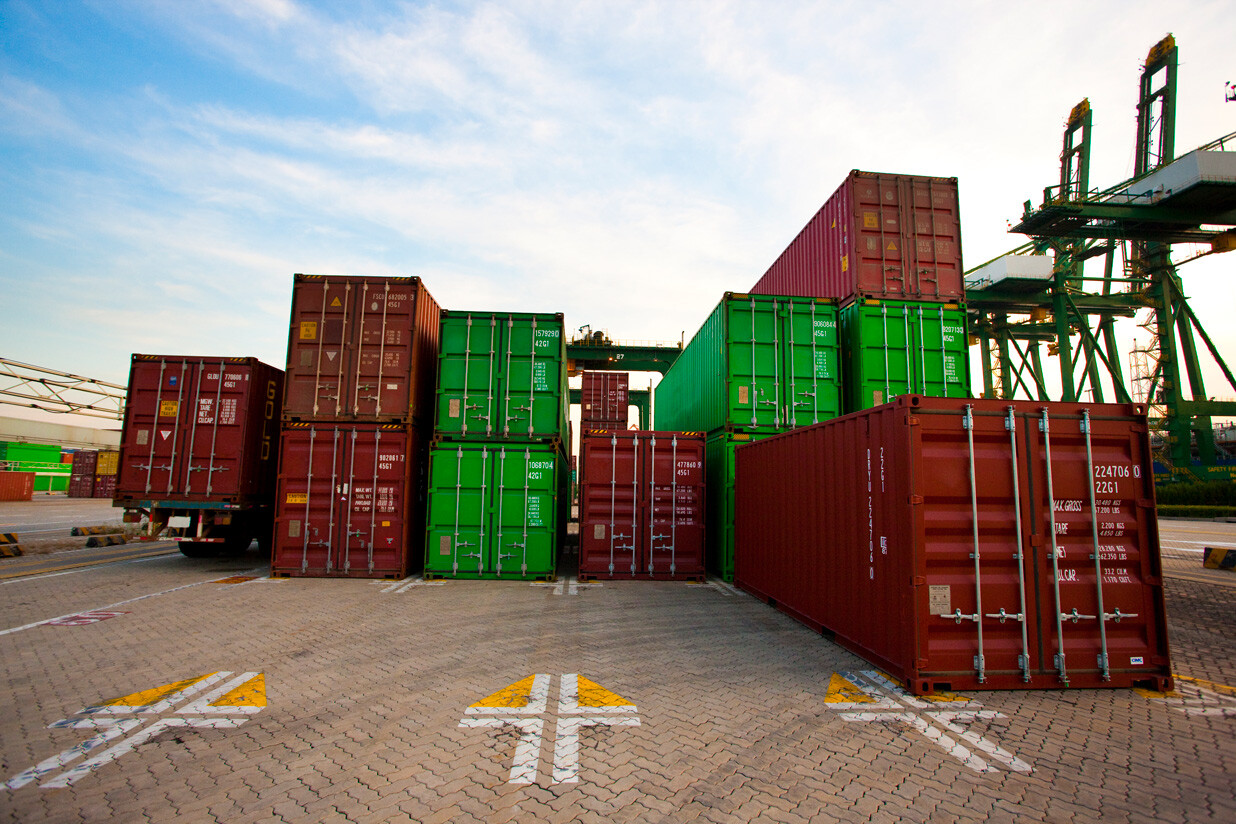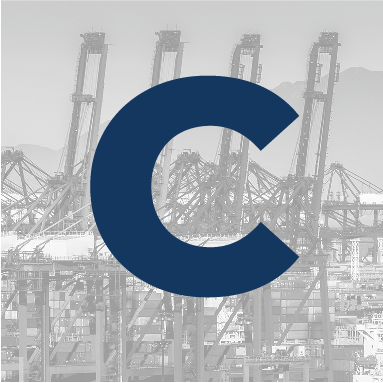
Common Carriers

Home > Freight Glossary > Common Carriers
What is a Common Carrier?
A common carrier in the realm of freight services refers to an entity that provides transportation services to the public under regulatory guidelines. This type of carrier is obliged to offer its services to anyone willing to pay the fee, without discrimination. The concept of common carrier shipping encompasses multiple modes of transport including road, rail, air, and sea, making it a versatile option for shipping diverse types of goods.
Role of Common Carriers in the Supply Chain
Common carriers are fundamental to the logistics and supply chain sectors, facilitating the efficient and reliable transport of goods across various distances. By providing standardized services, common carriers ensure that both individual and commercial customers can access transportation solutions that are integral to maintaining the flow of commerce. The universality of common carrier services enables seamless integration into supply chains, enhancing connectivity and operational coherence among businesses.
Types of Common Carrier Services
Among the spectrum of services offered by common carriers, common freight carriers handle significant volumes of cargo, including both full and partial loads. Particularly, an LTL common carrier is crucial for clients who do not have enough goods to fill an entire truck. This service allows multiple shippers to share space on the same vehicle, which is cost-efficient and reduces waste in cargo space utilization.
Additionally, businesses may seek common carrier freight quotes to budget their shipping costs accurately. These quotes are readily available through digital platforms that aggregate pricing from various carriers, providing shippers with competitive options and transparency in pricing.
Common Carrier vs. Common Contract Carrier
It's important to distinguish between a common carrier and a common contract carrier. While the former offers services to the general public, the latter agrees to transport goods only for certain customers based on contractual agreements. This arrangement allows for more tailored service provisions but does not have the obligation to serve the general public indiscriminately.
Finding and Choosing Common Carriers
For those needing to select a suitable transportation provider, a list of common carriers can typically be found on logistics service websites. These lists help potential shippers evaluate different common carrier transportation options, assessing factors such as reliability, coverage, and cost. This is vital in choosing a carrier that not only fits budgetary requirements but also aligns with logistical and timing needs.
The role of common carriers is indispensable within the global supply chain. They provide the essential services that ensure goods are moved efficiently and economically from producers to markets. Whether through road, rail, air, or sea, common carrier service providers play a pivotal role in supporting global trade and helping businesses reach their operational objectives. Their ability to integrate seamlessly into supply chain operations, providing reliable and nondiscriminatory service, makes them a backbone of the transportation industry.
Contact

Ocean Freight

Road Freight

Connect with Our Logistics Experts
Choose the specialized line for your specific cargo needs. Our dedicated teams are standing by to assist you in real-time.








